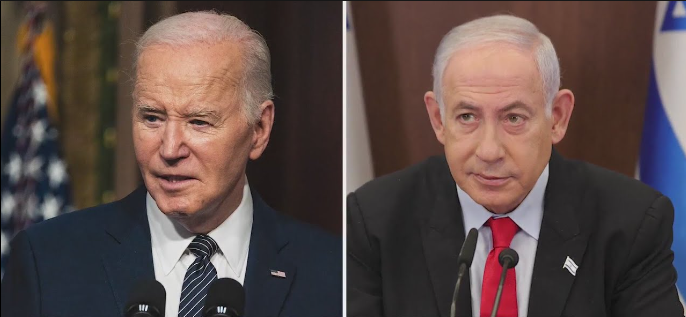President Joe Biden recently spoke with Israeli Prime Minister Benjamin Netanyahu amid indications that Israel might imminently invade Rafah, the southern Gaza city. The conversation comes as the U.S. and other nations express concern over a potential humanitarian crisis in the region.
The conversation occurred as the Israel Defense Forces (IDF) urged approximately 100,000 people in Rafah to evacuate, distributing flyers that warned of impending danger. Many Palestinians have sought refuge in Rafah following Israel’s bombardment of the Gaza Strip. President Biden has previously communicated his administration’s opposition to a large-scale offensive in Rafah.
From a conservative perspective, it’s important to acknowledge Israel’s right to defend itself against terrorist organizations like Hamas. However, it’s also crucial to balance this with concerns for civilian safety. The U.S. stance, which emphasizes caution and the protection of civilians, aligns with this balance, advocating for a measured response to terrorism.
National Security Council spokesman John Kirby reiterated the U.S. position, stating, “We don’t want to see a major ground operation in Rafah.” Prime Minister Netanyahu, however, expressed Israel’s determination to proceed, saying, “We will destroy the Hamas battalions there, we will complete all the objectives of the war, including the repatriation of all our hostages.”
An Israeli offensive in Rafah could exacerbate the humanitarian crisis and strain U.S.-Israeli relations. However, Israel’s resolve to combat Hamas highlights the complexity of the conflict, where national security concerns intersect with humanitarian considerations. The stalled cease-fire talks in Cairo indicate that a diplomatic resolution remains challenging but essential.
The situation in Rafah is evolving, and its outcome will have significant implications for U.S.-Israeli relations and the broader Middle East. For further coverage on this topic, readers can refer to the original article on ABC News.

